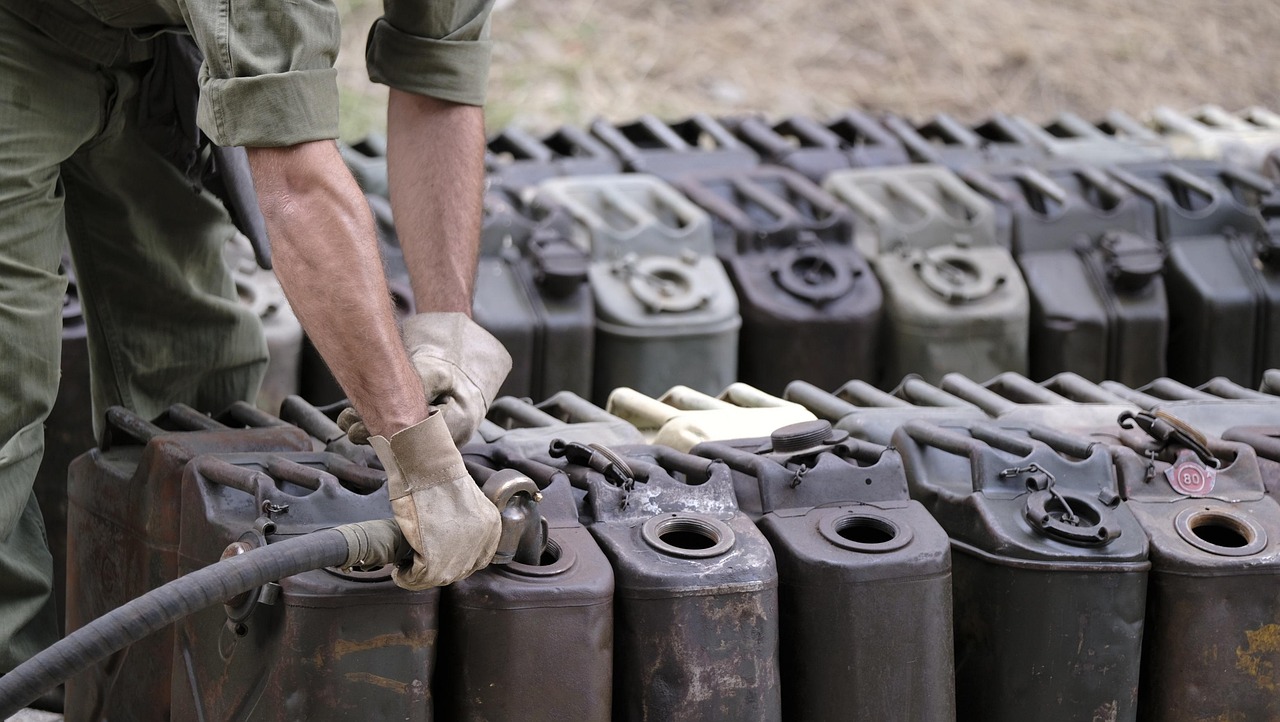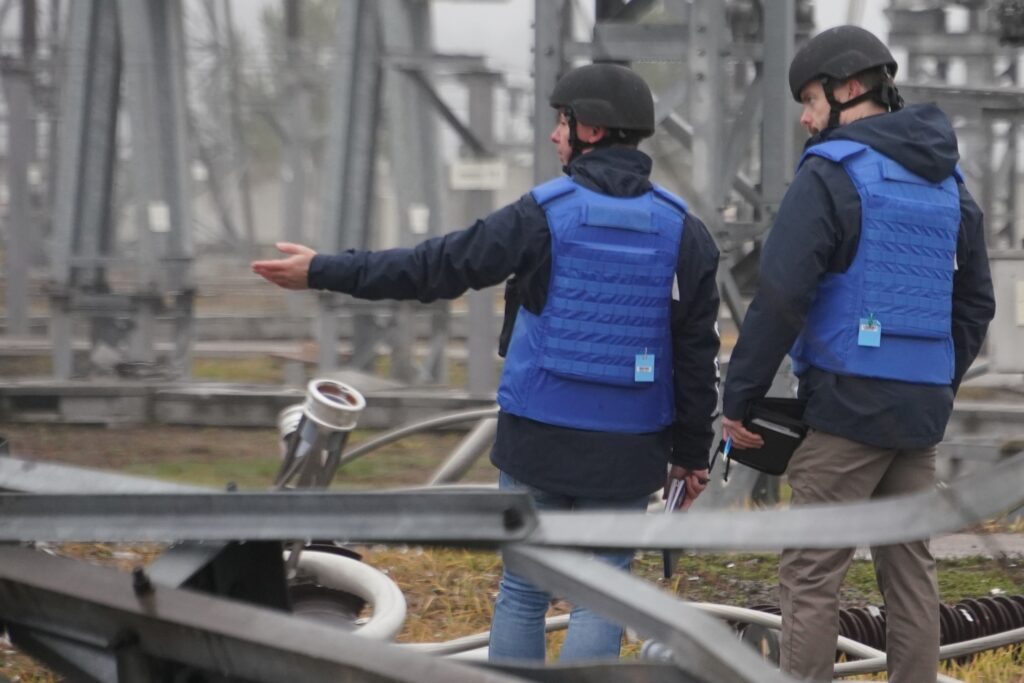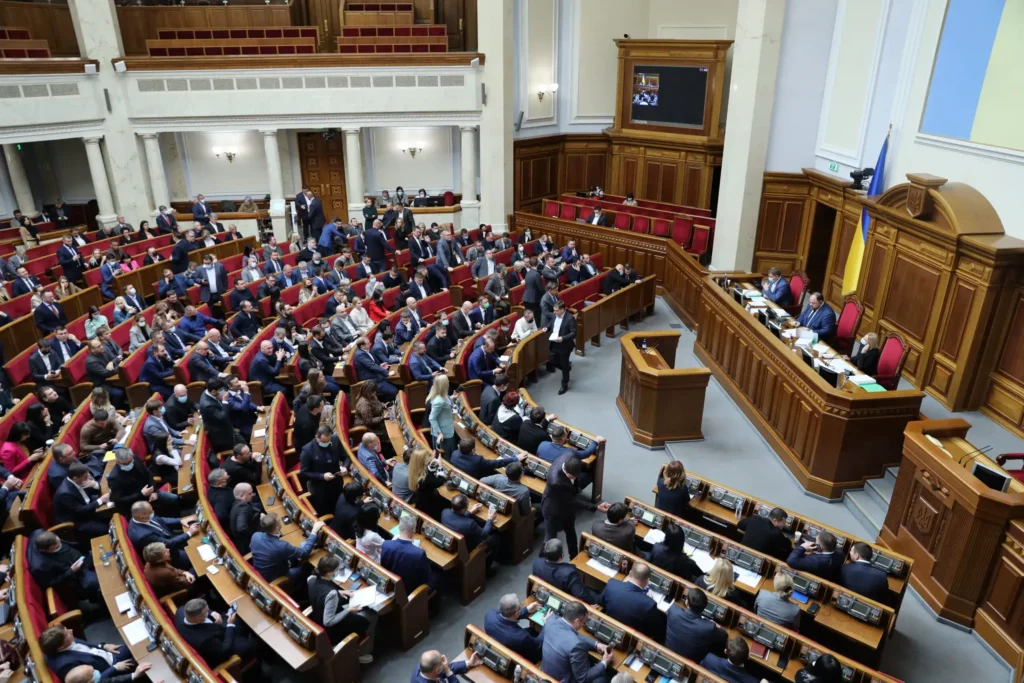Oil market likes that Trump does not impose secondary sanctions on Russia
18 August 09:26
Oil futures quotes were almost unchanged on Monday morning after Trump’s meeting with Putin. The market likes the fact that the US did not increase pressure on Russia and did not affect Russian oil exports, reports "Komersant Ukrainian" reports citing Reuters.
According to OilPrice.com, Brent futures rose 4 cents (0.06%) to $65.89 per barrel as of 09:03 Kyiv time, while US WTI crude rose 10 cents (0.16%) to $62.90 per barrel.
US President Donald Trump held talks with Russian leader Vladimir Putin in Alaska on Friday and reportedly took a closer stance to Moscow on seeking a peace deal instead of a truce.
At the same time, Trump said that he did not see the need to immediately impose tariffs on states such as China for buying Russian oil, but might be forced to do so “in two or three weeks.” This statement somewhat reassured those who were worried about possible disruptions in Russian supplies.
Читайте нас у Telegram: головні новини коротко
What analysts say
“The market has mostly priced in the lack of decisive action. It remains on hold, more in a bearish context, if more Russian barrels can enter the global crude oil supply pool if the fighting in Ukraine stops,”
– said Gaurav Sharma, an independent energy analyst.
China, the world’s largest oil importer, is the largest buyer of Russian oil, followed by India.
“First of all, it was about secondary duties on key importers of Russian energy, and President Trump did indicate that he would suspend additional actions on this front, at least with regard to China,”
– said RBC Capital analyst Helima Croft in a commentary.
“The status quo remains largely unchanged for now.”
– croft added, emphasizing that Moscow will not back down from its territorial demands, while Ukraine and some European leaders will reject a land-for-peace deal. For the market, this also means no big changes.
Investors are also watching Federal Reserve Chairman Jerome Powell ‘s comments on possible interest rate cuts. This could push stock markets to new records.
How to hurt Russia over oil
It is well known that Russia is critically dependent on its energy exports. First and foremost, on oil exports. In 2024, the Russian federal budget revenues from oil sales amounted to 9.19 trillion rubles (approximately $89.4 billion). Total budget revenues for this period amounted to 36.71 trillion rubles. Thus, the share of oil revenues in the total structure of Russian budget revenues in 2024 was approximately 25%
This indicates that, despite international sanctions and attempts to diversify revenue sources, oil remains a key source of financing for the Russian budget.
Russian Urals oil is traditionally sold at a lower price than Brent and WTI, and it is also subject to additional factors that raw materials from other countries do not experience, namely Western sanctions. However, during all three years of the full-scale war with Ukraine, Russia has been successfully selling its oil – its main buyers today are China and India.
The federal budget of the Russian Federation for 2025 included an oil price of $70. However, according to the Ministry of Finance, on August 14, the price of Russian Urals was $63.49 per barrel. Against this backdrop, the Russian state budget deficit has already amounted to 4.88 trillion rubles, or 2.2% of GDP, and more than a trillion of this has been accumulated over the past month. This hole in the treasury is almost 4.5 times higher than in the same period in 2024, when the deficit was 1.1 trillion rubles, or 0.5% of GDP.
So far, market analysts’ forecasts do not promise Russia any serious problems related to the oil price, as it still has a very large backlash for sales. According to economic expert Oleg Pendzin, even a price of $50 per barrel is still acceptable for Russia.
“Currently, the direct cost of Russian oil production is about $37-38 per barrel. This is the direct cost. The critical figure for Russia is the sales price of $45,”
– the economist explained exclusively for .
Therefore, the most likely way to hurt Russia over oil is still to tighten sanctions, including secondary sanctions against its buyers. The point of this step is to make it physically impossible for Russia to sell large volumes of oil and thus receive funds to continue its aggressive war of aggression.
Дивіться нас у YouTube: важливі теми – без цензури









